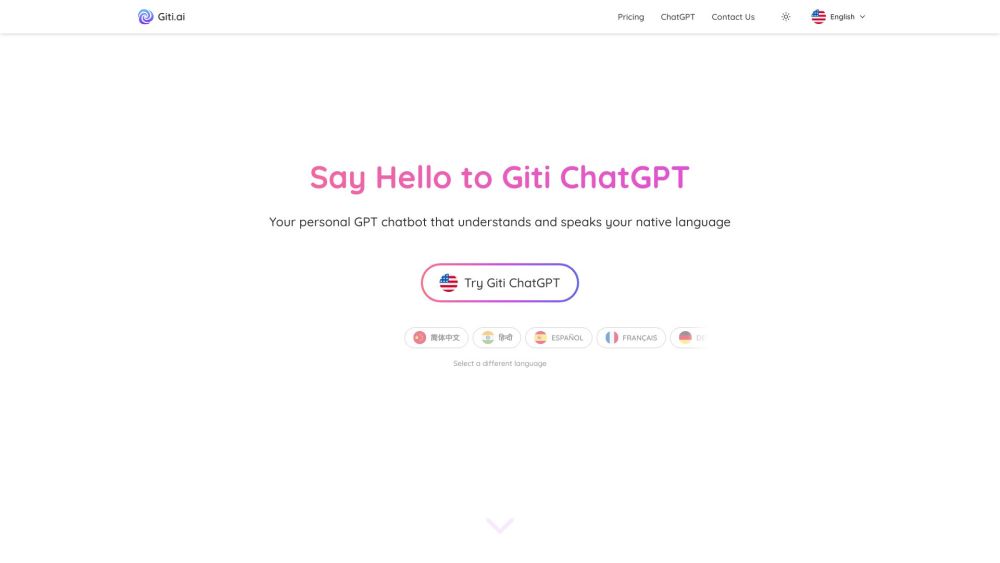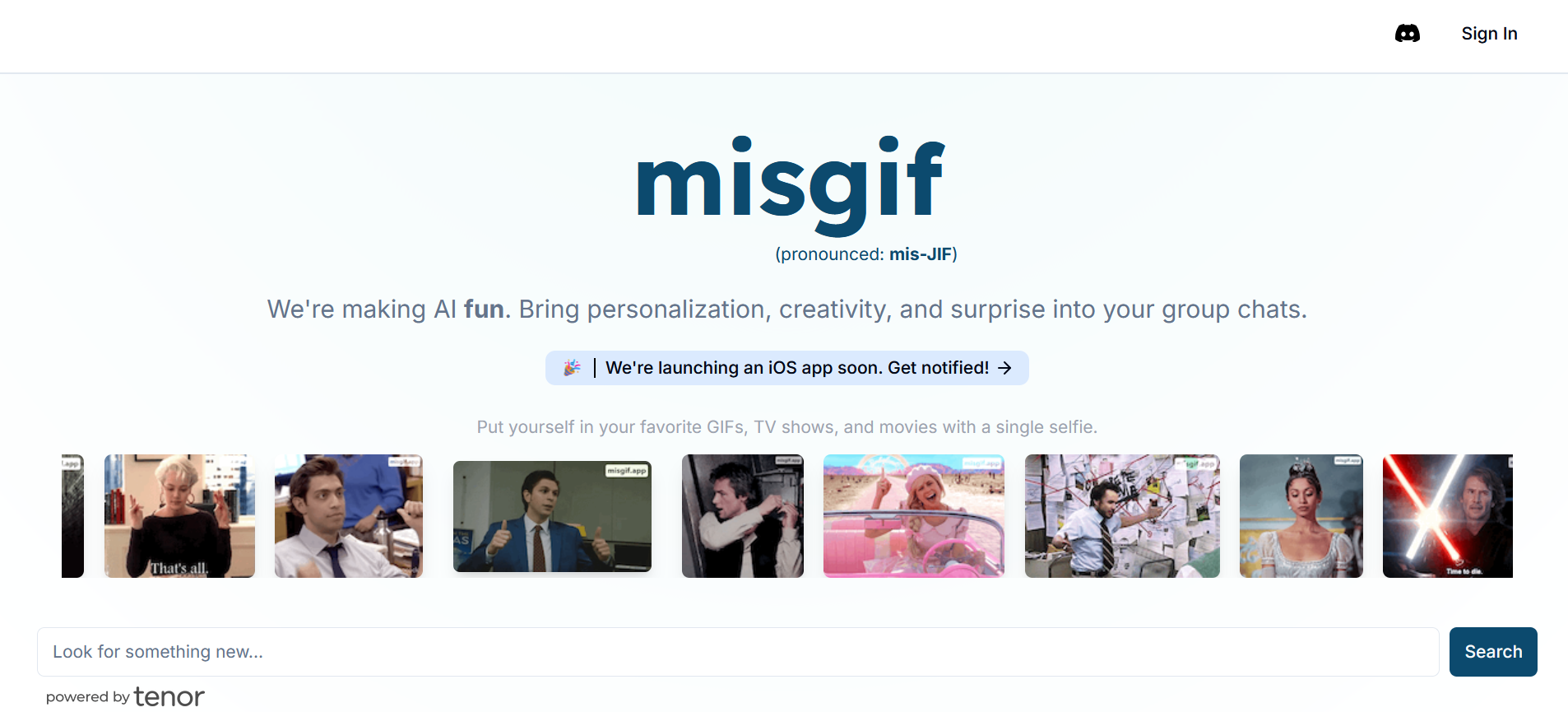Meta's significant policy shift has sparked widespread attention and debate. The company announced it will eliminate fact-checkers, drastically reduce content moderation, and increase the recommendation of political content across its platforms, including Facebook, Instagram, and Threads. This decision was revealed by Meta founder Mark Zuckerberg in a video message, where he emphasized the importance of free speech, particularly in light of Donald Trump's return to the White House.
Key Elements of the Policy Changes
1. Elimination of Fact-Checkers: Zuckerberg stated that existing fact-checkers have become "too politically biased and have eroded more trust than they've created." Meta will replace them with a community annotation system similar to that used by X (formerly Twitter), allowing users to add context and annotations to disputed content. This move aims to engage the community in content moderation rather than relying on third-party organizations.
2. Relocation of Content Moderation Teams: Meta’s content moderation teams will be moved from California to Texas to address concerns about bias. Zuckerberg believes that the environment in California may have influenced the judgment of moderators, while Texas offers a more neutral working atmosphere. However, this decision has raised questions about whether geographic relocation can truly resolve bias issues.
3. Relaxation of Content Restrictions: Meta plans to ease restrictions on sensitive topics such as immigration and gender, enabling users to express their views more freely. Zuckerberg argued that these restrictions have become "out of touch with mainstream discourse" and have stifled free speech. However, he acknowledged that this relaxed approach could lead to an increase in harmful content, especially for lower-severity violations, which will now rely on user reports before action is taken.
4. Modification of Content Filtering Systems: Meta’s automated content filtering systems will now focus solely on illegal and highly severe violations, no longer automatically blocking lower-severity content. This change may result in inappropriate content remaining on the platform for longer periods until reported by users or addressed by the company.
Social Reactions and Potential Implications
These policy changes have immediately drawn attention and discussion from various sectors. Supporters argue that Meta’s actions will help restore free speech on the internet, reducing over-moderation, especially in political and social areas. Critics, however, fear that eliminating fact-checkers and loosening content restrictions could exacerbate the spread of misinformation and extremist content, further eroding public trust in social media platforms.
- Concerns from Media and Journalism: News organizations and journalist groups remain wary, recalling incidents like Apple AI generating erroneous news summaries. The National Union of Journalists (NUJ) has called for the complete removal of AI-generated content features, arguing that they contribute to the spread of false information. Reporters Without Borders (RSF) echoed these concerns, stating that merely labeling content as AI-generated does not solve the problem but shifts the burden of verification onto users.
- Pressure from Government Regulators: Governments worldwide are closely monitoring Meta’s policy changes. The UK’s Department for Science, Innovation and Technology expressed concern, emphasizing that the Online Safety Act requires companies to remove illegal content and combat misinformation on their platforms. Europe and other regions are also tightening legislation, demanding greater accountability from tech companies in content moderation. Meta’s decision could lead to increased regulatory scrutiny globally.
- Challenges in Internal Management: With Nick Clegg stepping down as President of Global Affairs and being replaced by prominent Republican Joel Kaplan, there is speculation about the future direction of Meta. Kaplan’s political background may influence how the company handles political content and free speech issues, potentially shifting the platform’s content ecosystem toward a more conservative stance.
Uncertainty Moving Forward
While Zuckerberg stresses that these changes aim to restore free speech, balancing reduced moderation with the prevention of misinformation and harmful content remains a significant challenge. Meta must navigate the delicate line between free expression and platform responsibility, especially as global regulations on social media become stricter. In the coming months, the effectiveness of Meta’s new policies will be closely watched, and their impact on public discourse and democratic institutions will continue to be assessed.







